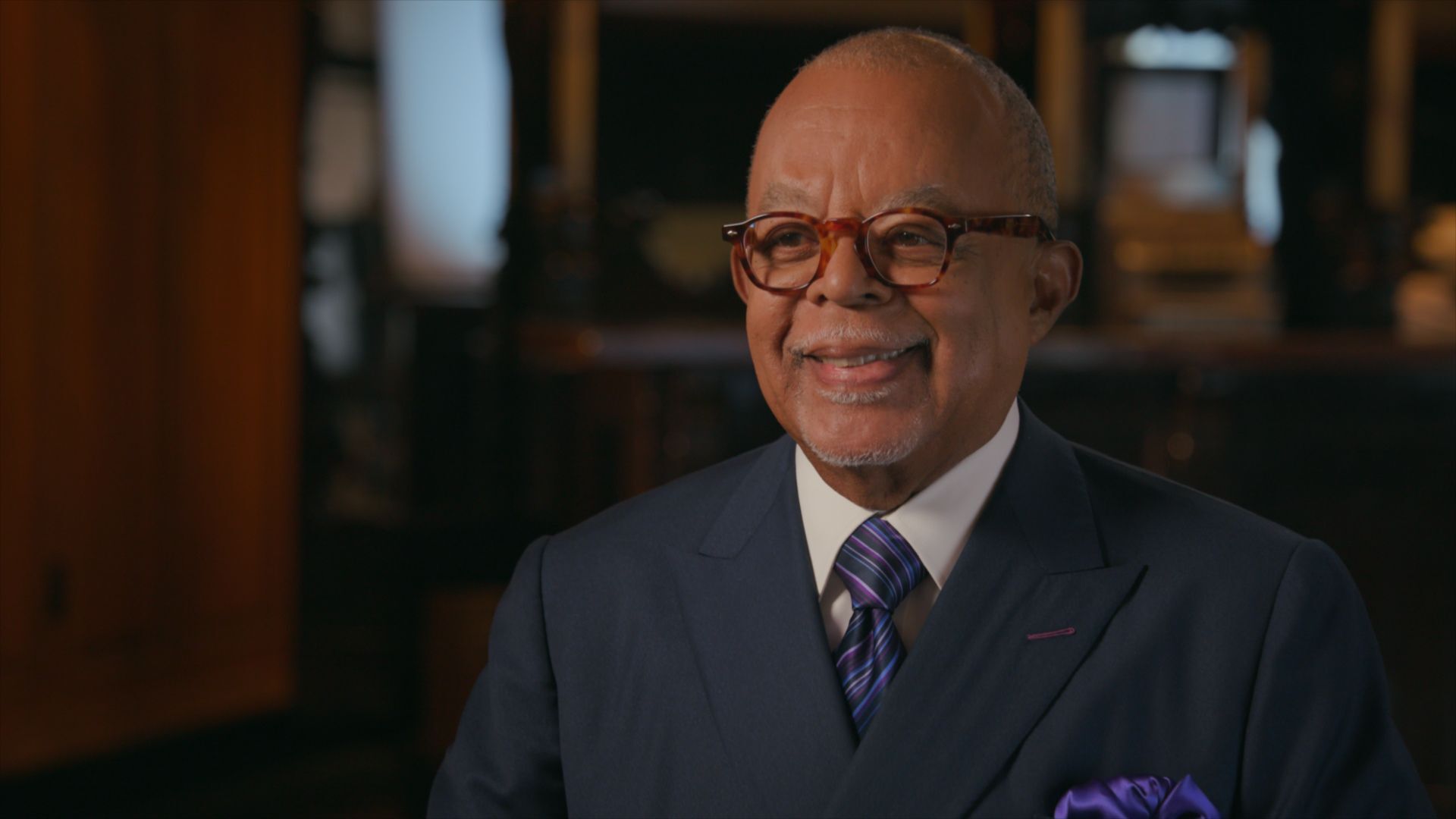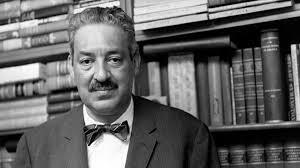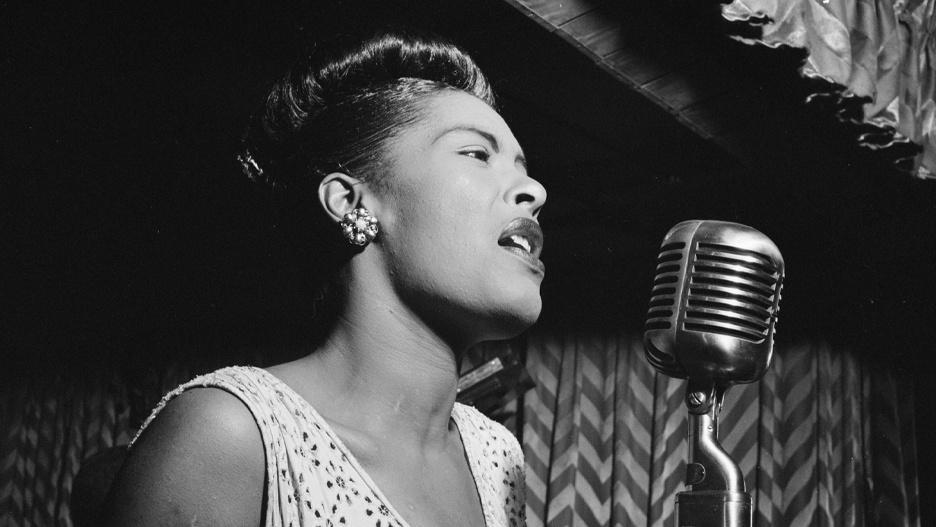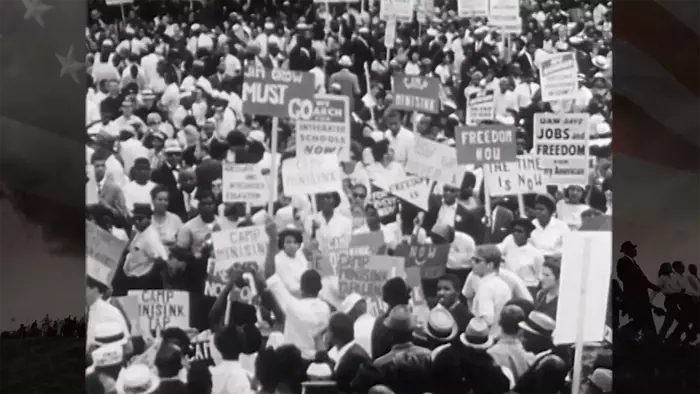Martin Luther King Jr. Day: When & Why We Celebrate
Every third Monday of January, the United States observes Martin Luther King Jr. Day holiday to honor the life and legacy of Reverend Dr. Martin Luther King, Jr.
In 1994 Congress passed a bill to dedicate the national holiday as a national day of service. The King Holiday and Service Act was introduced by Congressman John Lewis and Senator Harris Wofford, both of whom had worked alongside Dr. King in civil rights activism. Since then, it has become a day to remember Dr. King’s work and, as importantly, to continue on the path towards justice he paved for us.
Here we highlight stories about Martin Luther King Jr. Day as well as different examples of service.
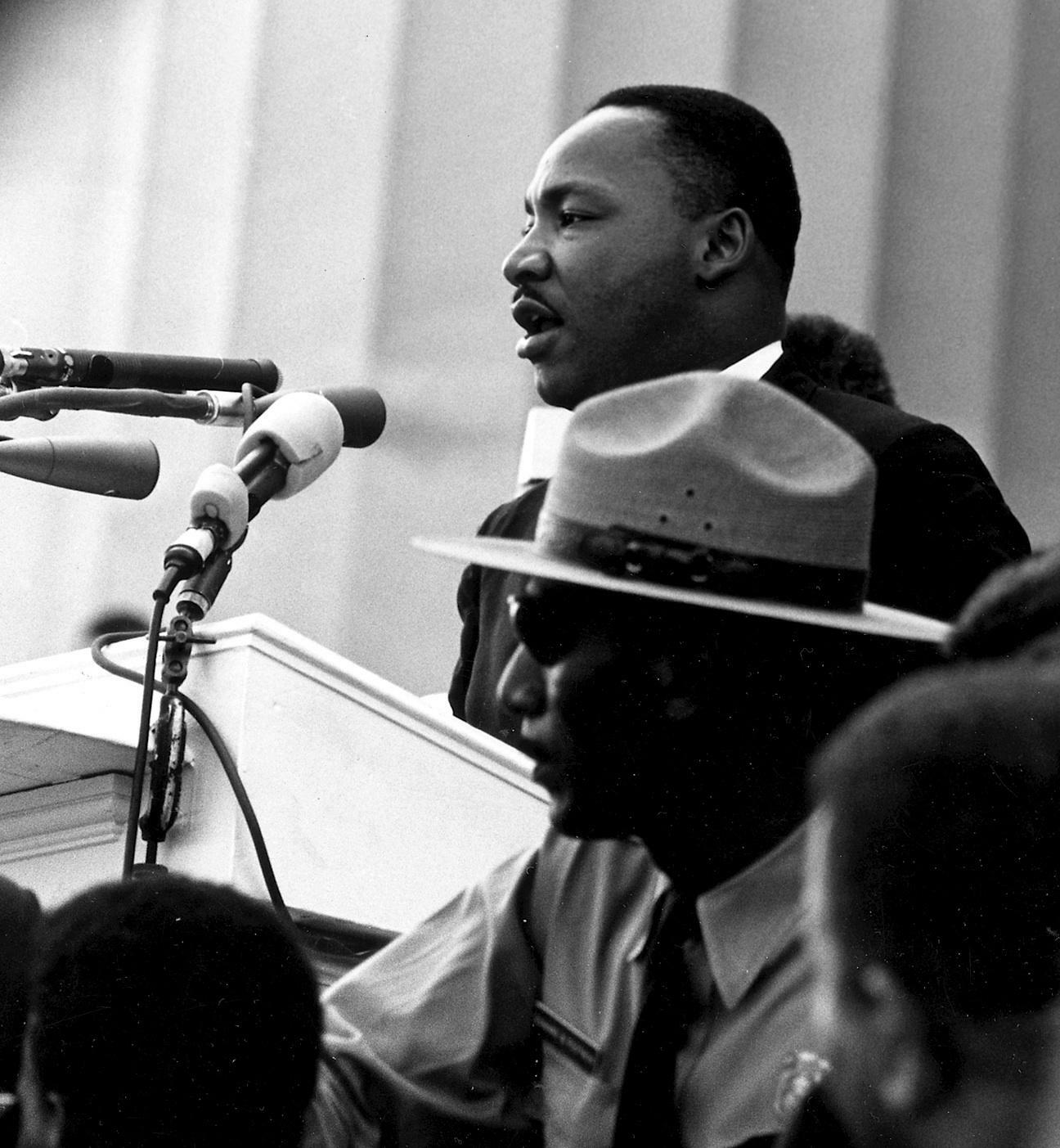
Origin of Everything explores how the national holiday came about, including some reasons for the delayed adoption of the holiday across all 50 states.
How will you celebrate this national day of service? What are the volunteer opportunities in your community?
Many across the country have already identified ways to participate in acts of service in their communities. PBS Wisconsin and Wisconsin NPR have outlined plans for their 41st official ceremony and tribute for the holiday. Similarly, WHYY in Philadelphia has compiled a list of volunteer opportunities over the holiday weekend. We enjoyed this post from PBS SoCal in Southern California called "Seven Ways to Honor Dr. Martin Luther King Jr.’s Legacy with Children." And don't forget to check out PBS Parents' excellent list of children's books to read for Martin Luther King Jr. Day.
In 1967, Dr. King visited the University of Minnesota. Footage from the speech he gave and his subsequent interview with L. Howard Bennett on campus was found and digitized in 2019. His ability to engage a crowd and move hearts with his words is on full display in this special episode of Minnesota Experience.
Popular Martin Luther King Jr. Quotes
“Power at its best is love implementing the demands of justice. Justice at its best is love correcting everything that stands against love.” From Where Do We Go From Here: Chaos or Community?, 1967
"Cries of Black power and riots are not the cause of white resistance, they are consequences of it.” From Where Do We Go From Here: Chaos or Community?, 1967
"We shall overcome because the arc of the moral universe is long, but it bends toward justice."
Washington National Cathedral, March 31, 1968.
"Darkness cannot drive out darkness, only light can do that. Hate cannot drive out hate, only love can do that."
from Strength to Love, 1963
"I believe that unarmed truth and unconditional love will have the final word in reality. This is why right, temporarily defeated, is stronger than evil triumphant."
Nobel Peace Prize acceptance speech, Oslo, Norway, 1964.
"Make a career of humanity. Commit yourself to the noble struggle for equal rights. You will make a better person of yourself, a greater nation of your country, and a finer world to live in."
from March for Integrated Schools, April 18, 1959.
The Open Mind - Martin Luther King Jr. ("The New Negro," 1957)
Listen to Reverend Dr. King speak in depth about the quest and urgency of a just society. This episode of The Open Mind was broadcast live in 1957 and was, for many viewers, an introduction to Dr. King.
You May Also Like
Support your local PBS station in our mission to inspire, enrich, and educate.
60th anniversary of the 1963 March on Washington for Jobs and Freedom

The best of PBS, straight to your inbox.
Be the first to know about what to watch, exclusive previews, and updates from PBS.

